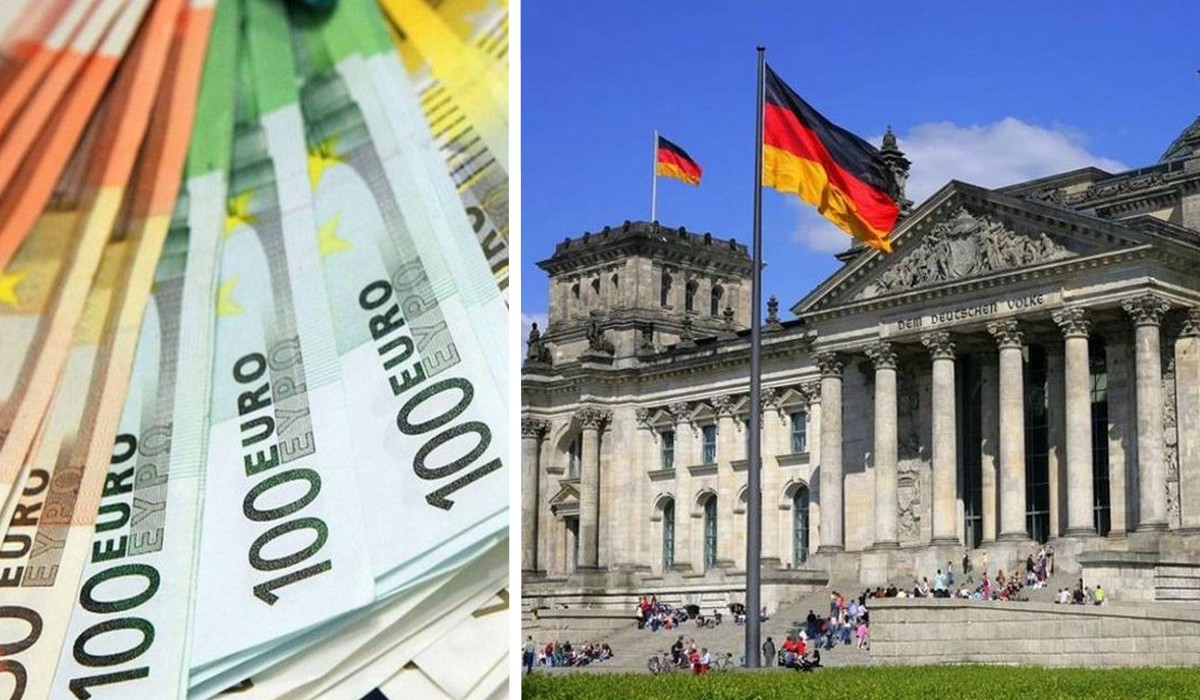German hotels will try to “get out” of the energy crisis at the expense of tourists and introduce additional fuel charges for tourists following the example of airlines, but only for electricity and heating. At the same time, hotels have to maintain an extremely difficult balance – without levies on tourists, they will collapse by the end of winter, but by “going overboard” with the size of such a tax, they risk receiving mass refusals of tourists with almost the same result. At the same time, tourists leave with an additional amount of 15 euros and above. These statistics were published by the German Tourist Association (DRV).
On average, the tax still does not exceed 9 euros even in the most luxurious hotels, the average price of the tax is 3-5 euros, experts say, citing the following examples. The 5-star Bareiss hotel in the popular tourist Black Forest province, where a room costs €285, has introduced a €9 per night charge from September, with the owners not ruling out an increase in the “energy charge” as winter gets colder and heating costs rise. Schlossgut Gross Schwansee on the Baltic Sea coast charges €5 per tourist for the entire stay, Krone-Post in Bavaria charges the same tax per night, The Hearts in Braunlage only charges €3.
In any case, the owners say it’s a forced measure, and it won’t make up for all the losses. “Without these taxes, by March at the latest, we will use up all reserves and collapse,” – estimated the owner of the Krone-Post Hotel, Mike Lindberg. However, whether an additional 5 euros per tourist will help to stay afloat is a question when it is necessary to cover the hotel’s payments for gas and electricity in the amount of 200,000 euros per year. “The fee should be 7.5 euros per night. However, at a cost of 130 euros per room, an extra 7.5 euros threatens to leave customers,” the hotelier assures.
In general, so far tourists understand the reason for the surcharges, German hotel owners add. However, not everyone is ready to pay. The clause about additional costs for energy has now also appeared in the terms of the contract with customers: tourists are warned about possible charges that they will have to pay on the spot. If the hotel introduces such a fee 20 days before arrival and its amount exceeds 8% of the overnight stay, the tourist has the right to cancel the reservation without penalty. And the wave of cancellations has already begun – from the 15-euro surcharge, tourists begin not only to cancel tours, but also to file complaints – hoteliers complain.

